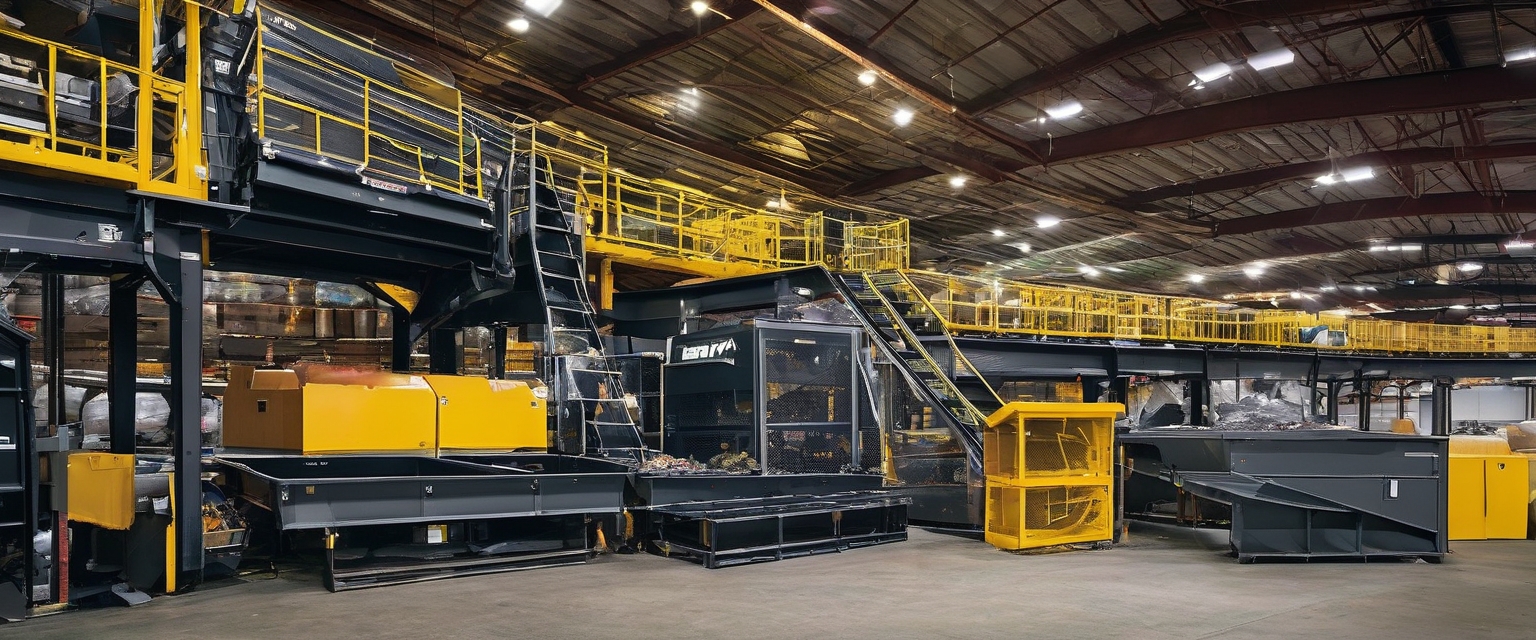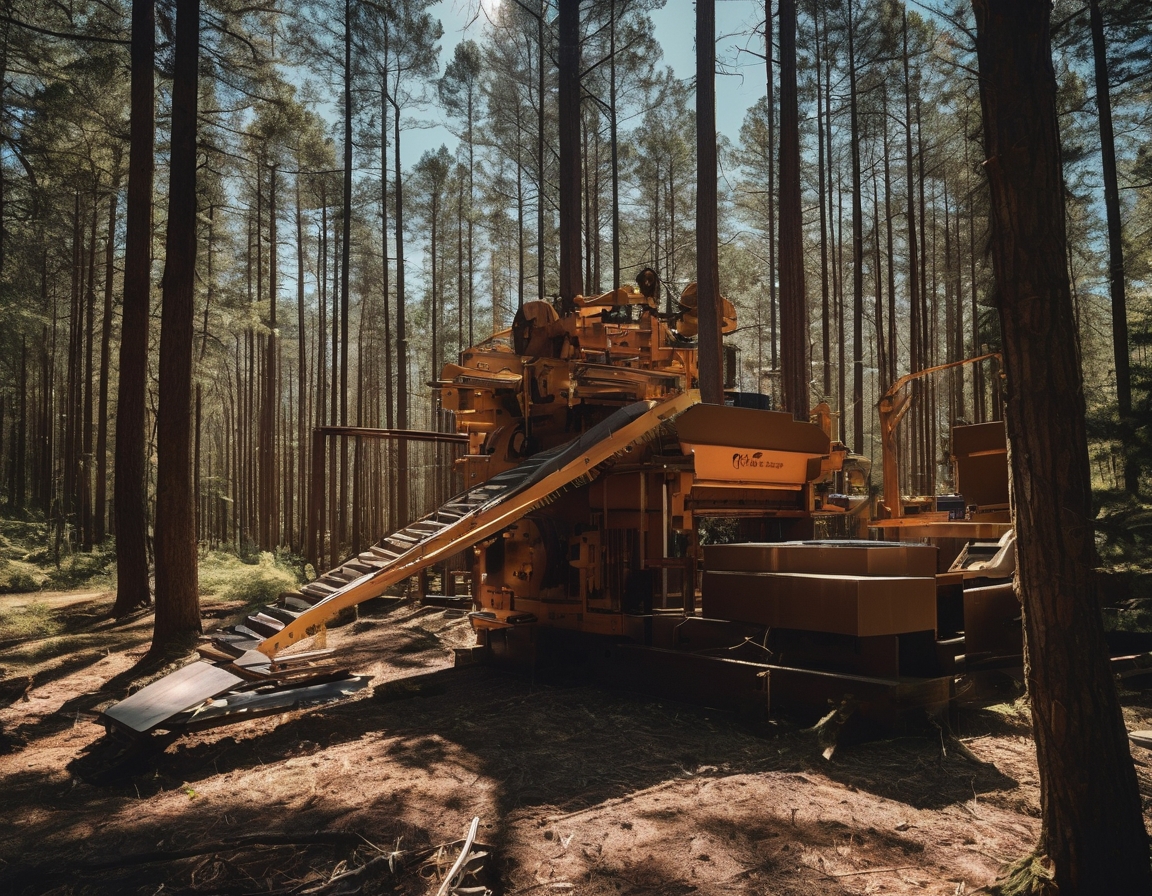The future of waste management: innovations and trends
Waste management is a critical component of modern society, ensuring that waste is collected, processed, and disposed of in a manner that minimizes environmental impact. As industries grow and urban populations expand, the demand for efficient waste management solutions becomes increasingly urgent. This blog explores the future of waste management, focusing on innovations and trends that are set to revolutionize the industry.
Current Challenges in Waste Management
Despite advancements, waste management faces numerous challenges, including the increasing volume of waste, limited landfill space, and the environmental impact of waste disposal. Additionally, the complexity of waste streams, such as electronic waste and hazardous materials, requires specialized handling and processing techniques.
Innovations in Waste Management
Recycling is a cornerstone of waste management, and recent innovations have significantly enhanced its efficiency. Technologies such as chemical recycling and AI-driven sorting systems are enabling more materials to be recycled effectively, reducing the reliance on landfills and conserving natural resources.
Smart waste collection systems utilize IoT devices and data analytics to optimize waste collection routes and schedules. These systems reduce fuel consumption, lower operational costs, and improve service efficiency by ensuring that waste is collected only when bins are full.
Converting waste into energy is an innovative approach that addresses both waste disposal and energy production challenges. Technologies such as anaerobic digestion and gasification transform organic waste into biogas and electricity, providing a sustainable energy source while reducing landfill use.
The development of biodegradable and eco-friendly materials is crucial for reducing the environmental impact of waste. Innovations in this area include bioplastics and compostable packaging, which decompose naturally and reduce the burden on waste management systems.
Trends Shaping the Future of Waste Management
The circular economy model emphasizes the reuse, repair, and recycling of materials to create a closed-loop system. This approach minimizes waste generation and promotes sustainable resource management, aligning with global sustainability goals.
Digital technologies and IoT are transforming waste management by providing real-time data and insights. These technologies enable better decision-making, predictive maintenance, and enhanced operational efficiency, leading to more sustainable waste management practices.
Governments worldwide are implementing stricter regulations to promote sustainable waste management practices. Policies such as extended producer responsibility and landfill taxes incentivize businesses to adopt eco-friendly waste management solutions.
Engaging communities and educating the public about waste management is essential for driving behavioral change. Initiatives such as recycling programs and awareness campaigns encourage individuals and businesses to adopt sustainable waste practices.
The Role of Industrial, Agricultural, and Construction Sectors
Industrial, agricultural, and construction sectors play a pivotal role in waste management. By adopting innovative machinery and sustainable practices, these sectors can significantly reduce their environmental footprint. Companies like PMDA KAUBAMAJA OÜ provide advanced machinery solutions that enhance waste management efficiency and sustainability.






Comments (0)